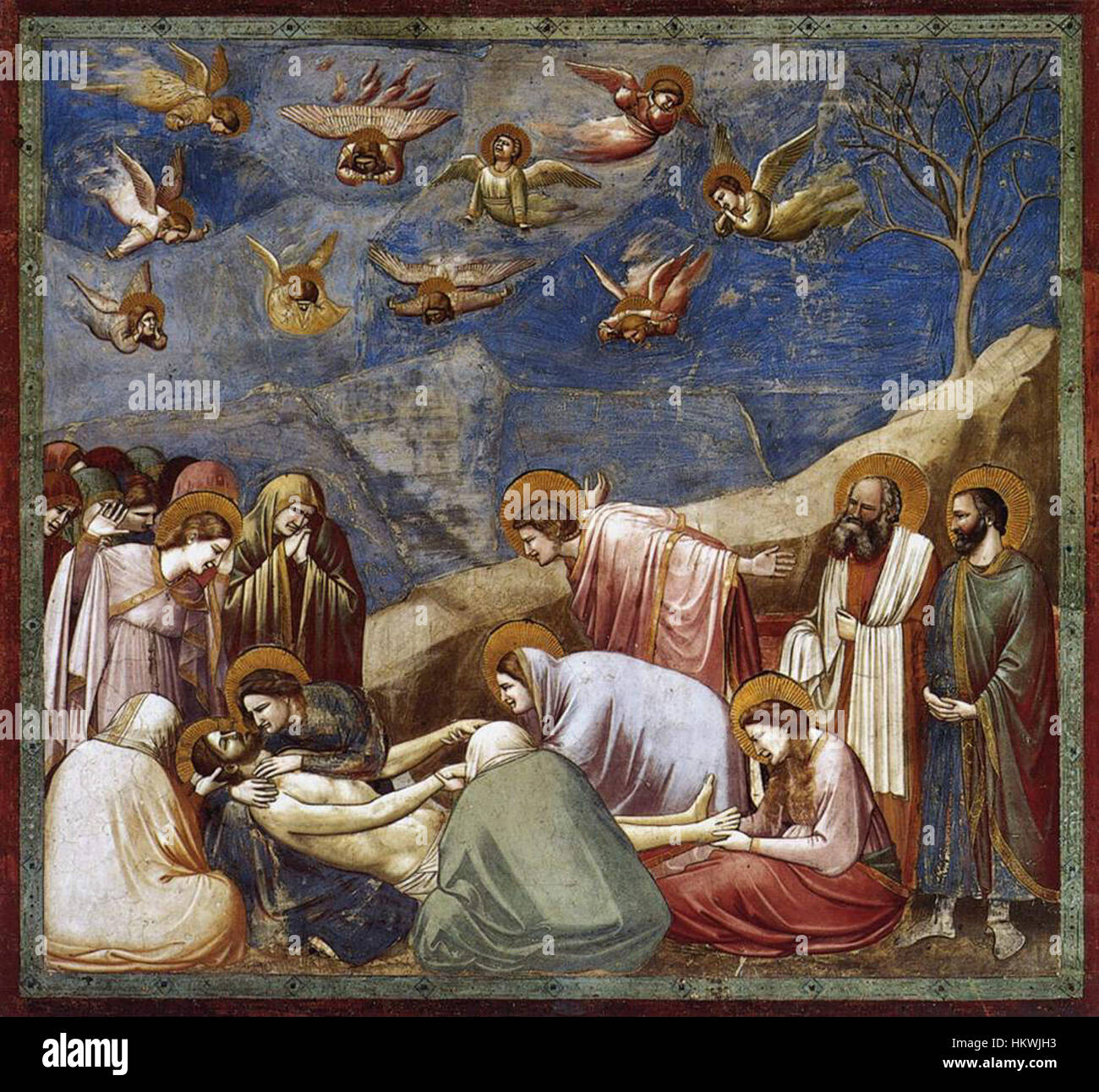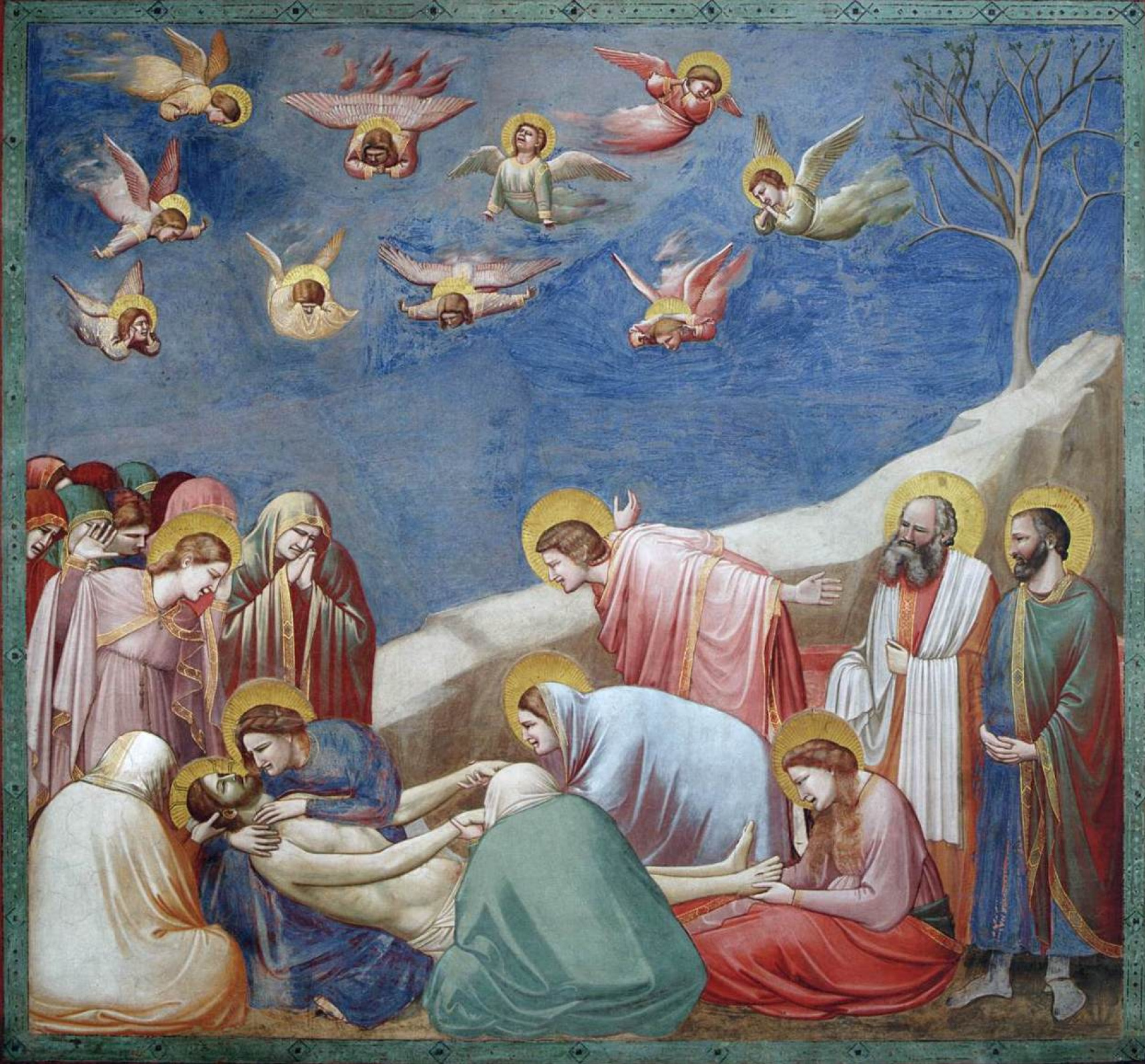Lamentation Wall Jerusalem - A Place Of Deep Feeling
There are places in the world that hold such immense feeling, such a powerful connection to human experience, that they seem to echo with stories from long ago. One such spot, a truly special location in the heart of an ancient city, is often spoken of with a sense of profound respect and, you know, a bit of quiet reverence. It’s a place where history, emotion, and faith come together in a very real, tangible way, inviting everyone who approaches it to feel something deep within themselves.
This site, a truly significant part of Jerusalem, has seen so much over countless generations. It stands as a silent observer to countless moments of joy, struggle, and, perhaps most notably, a very particular kind of deep sadness. People from all walks of life, from all corners of the globe, have been drawn to its stones, each bringing their own hopes and, in some respects, their own burdens to lay at its feet. It is, in a way, a mirror reflecting the human spirit's capacity for both enduring pain and finding strength.
When we talk about the Lamentation Wall Jerusalem, we are really talking about more than just old stones; we are talking about a living connection to a past that still shapes the present. It’s a place where expressions of profound sorrow and heartfelt regret have been shared for centuries, a gathering spot for those seeking comfort and, very often, a sense of belonging. This article will help you understand the deep meaning behind this powerful place and the feelings it inspires.
- Spca Monterey
- Polly Princess
- Club Wyndham Royal Garden At Waikiki
- Wet And Wild Hawaii
- Puesto Mission Valley
Table of Contents
- What Does "Lamentation" Really Mean?
- How Did Jerusalem's Fall Bring Such Sorrow?
- The Ancient Roots of the Lamentation Wall Jerusalem
- Why is the Western Wall Called the Wailing Wall by Some?
- The Western Wall's Place in Jewish Hearts
- Can Prayer Reach Through at the Lamentation Wall Jerusalem?
- How Does Grief Connect Us to the Lamentation Wall Jerusalem?
- Understanding the Book of Lamentations
What Does "Lamentation" Really Mean?
So, you know, when we hear the word "lamentation," it really points to a very strong feeling of deep sorrow or, perhaps, a profound sense of regret. It's not just a little sad feeling; it’s more like a pouring out of one’s heart in a time of great pain or loss. Think of it as an action, a moment where someone expresses their grief in a very open and honest way. For instance, you might see it used to describe someone openly crying or showing their deep unhappiness.
It’s about feeling truly sorry, or, in a way, expressing those very feelings. The word itself comes from an older Latin term, "lamenta," which pretty much means the same thing. It’s often used when someone passes away, or when a really tough event happens. At a funeral, for example, you might hear people expressing their sorrow so strongly that it’s hard to hear anything else, a clear sign of deep lamentation. This feeling is, in some respects, a very human response to profound upset.
This idea of expressing sorrow is, too, a very old one, deeply rooted in human experience. The way we talk about lamentation often brings to mind scenes of intense feeling, where people let their emotions show without holding back. It’s a powerful expression of what it means to be human, to feel loss, and to need to voice that pain. This is a feeling that connects people across different times and places, a bit like a shared language of the heart.
How Did Jerusalem's Fall Bring Such Sorrow?
Imagine a city, once absolutely full of people, a place that was, in a way, great among all the other nations. Now, picture that same city having to live like a slave, its former glory gone. This is the kind of heartbreaking image that comes to mind when we think about Jerusalem’s fall, a truly devastating event. The sorrow was so immense that, you know, tears were said to be on her cheeks, and there was no one around to offer comfort.
Those who were once friends or allies, they had, in some respects, turned into enemies, adding to the city’s pain. This kind of deep, deep sadness is what much of Jeremiah’s writings are about; they often concern themselves with things that have fallen apart. He talks about how the Lord, in a way, laid waste to his meeting place, his tabernacle, like it was just a garden booth, completely destroyed. This really highlights the depth of the loss connected to the Lamentation Wall Jerusalem.
The feeling of being punished for wrongdoings, and the idea that prayer could not get through, because of this immense sorrow, were also part of this experience. It was a time when both difficult events and good things were seen as coming from the same source, but the pain was very real. This period of intense suffering, you know, brought a feeling of multiplied mourning for the people of Judah, a burden that was very heavy to bear.
The Ancient Roots of the Lamentation Wall Jerusalem
The story of the Lamentation Wall Jerusalem is deeply connected to a very old building, the Second Temple, which stood for a long time. After its destruction, this wall, which was once part of that grand structure, started to become a special spot. It became a place where people who had been forced to leave Jerusalem could go to express their sorrow and their feelings of loss. It was, in a way, a place of connection to what they had lost. </
- Bella Boutique
- Destiny Usa Movies
- World Wildlife Zoo Litchfield Park Az
- Ikea Customer Service Number
- Oscar Wilde Bar

Giotto - Scrovegni - -36- - Lamentation (The Mourning of Christ Stock

Lamentation

God is Faithful | Vaajtswv Ncaj Nceeg by Rev. Zhong Vang | Kx. Zoov